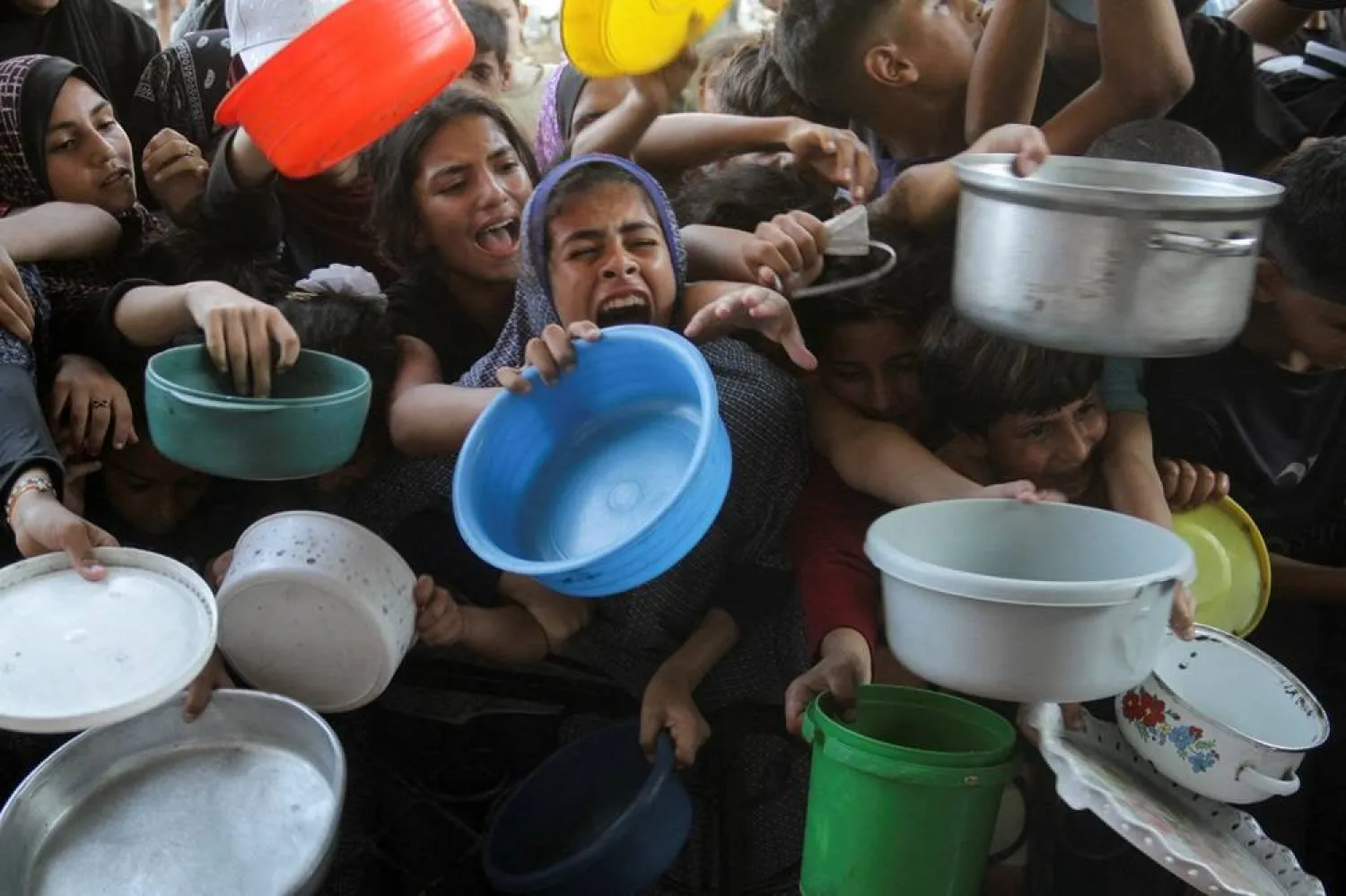The leader of Australia's main opposition party was told to "stop being racist" by another parliamentarian during a heated discussion on Thursday in which he said that Australia should not take in any refugees from Gaza.
Independent parliamentarian Zali Steggall made the remarks during a speech criticizing center-right Liberal Party leader Peter Dutton for his call this week to bar refugees from Gaza due to the risk they could be Hamas sympathizers.
Interrupted several times by shouts from the opposition benches, Steggall asked to be heard in silence before shouting "stop being racist" towards Dutton.
"These are families that you are seeking to paint that somehow they are all terrorists, that they should all be mistrusted and they are not worthy of humanitarian aid," she said before pausing as Dutton interjected.
"We heard you in silence, you can hear me in silence, stop being racist," she then said.
A representative for Steggall did not immediately respond to a request for comment.
Tensions flared in parliament again shortly afterwards when Greens Senator Sarah Hanson-Young interrupted a media conference by opposition National Party parliamentarian David Littleproud in which he was defending Dutton's position on Gaza refugees to say: "why don't you say something about the children being slaughtered."
The heated discussions in parliament mirrors how disagreements over Israel's war in Gaza are spilling into society, where the ruling Labor party is caught between those calling for unreserved support for Israel while many others, including Australian Muslims, want a harder line against Israel.
Australia has repeatedly called for a ceasefire but stopped short of recognizing a Palestinian state like Spain, Ireland and Norway.
Dutton reiterated his position again on Thursday, saying the government had brought people to Australia from a war zone without proper checks.
"I'm sure the vast majority of these people are just innocent people fleeing a war zone but our country's best interest is served when we know who is coming here and when we have a proper process to exclude those who are sympathizers of a listed terrorist organization," he said, in a reference to Hamas.
Home Affairs Minister Tony Burke said on Wednesday all visa applicants were screened by the Australian Security Intelligence Organization.









